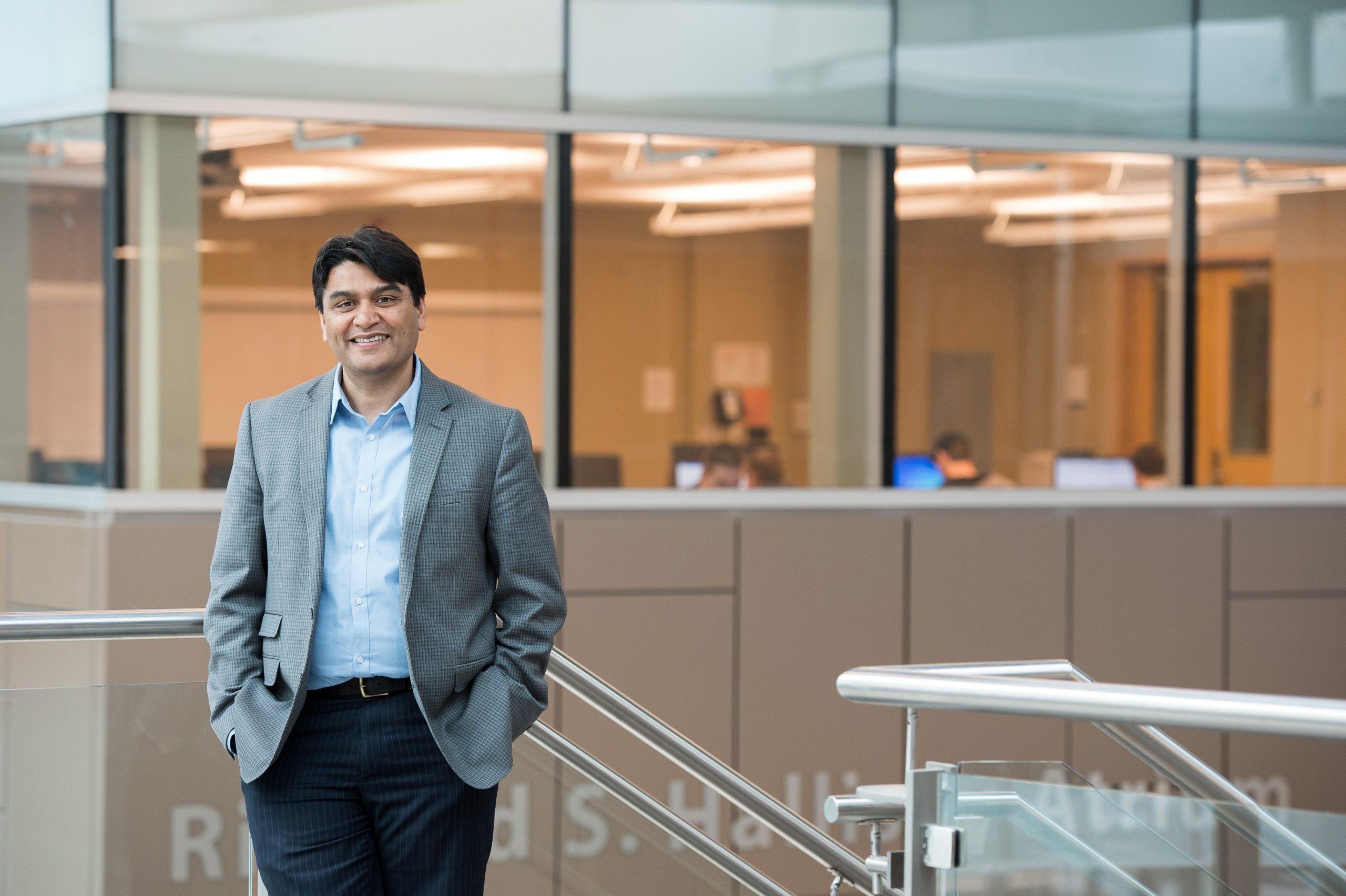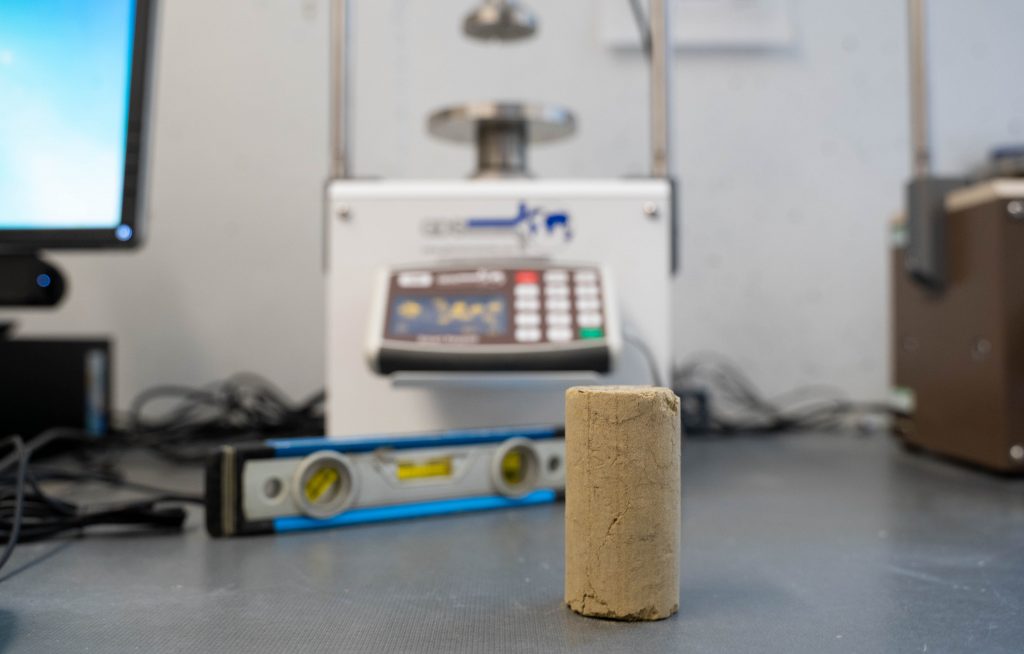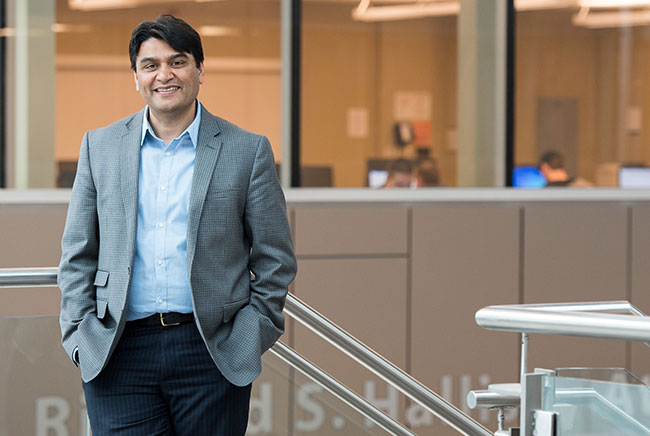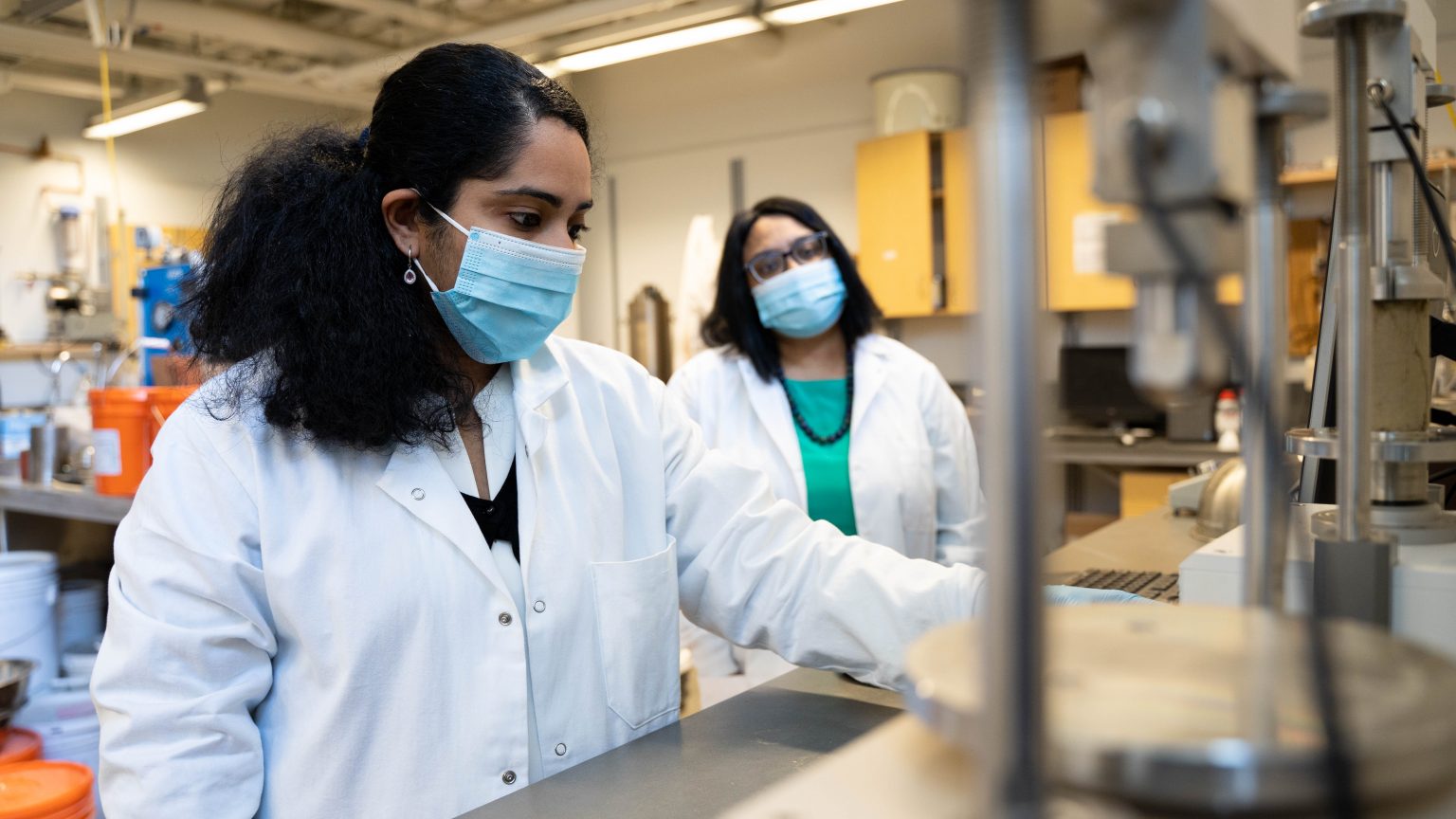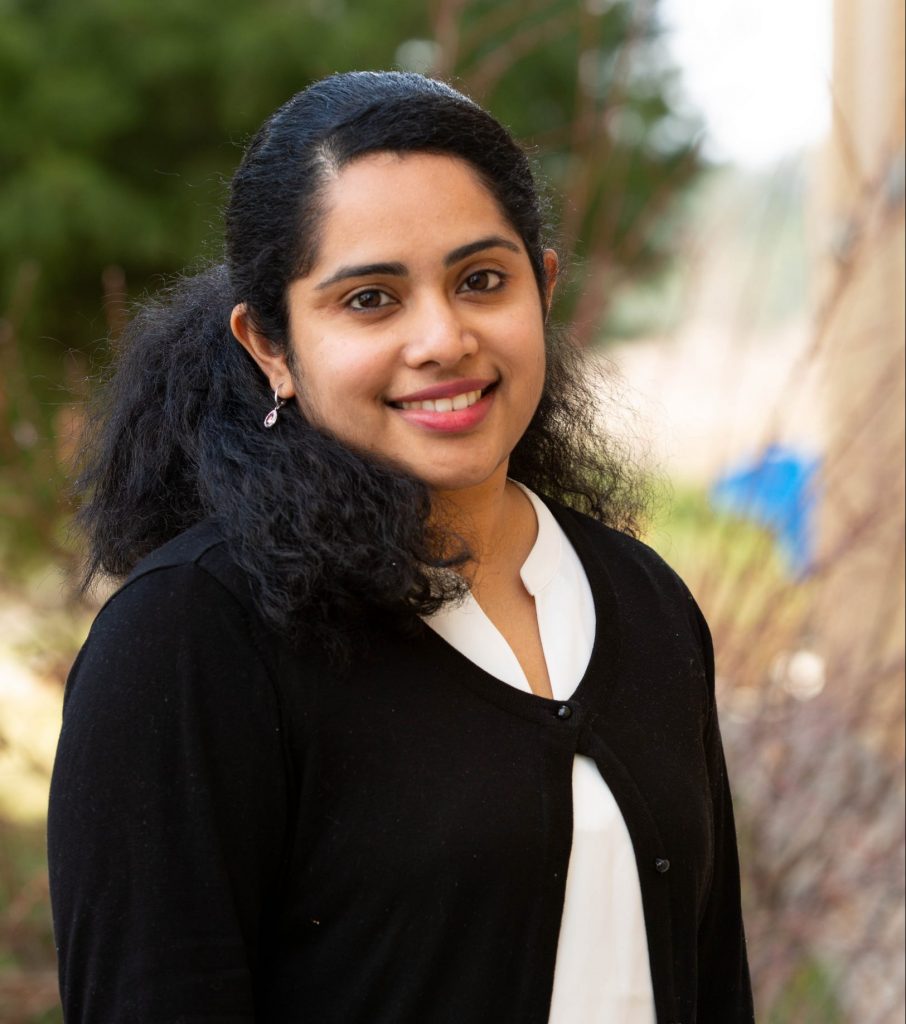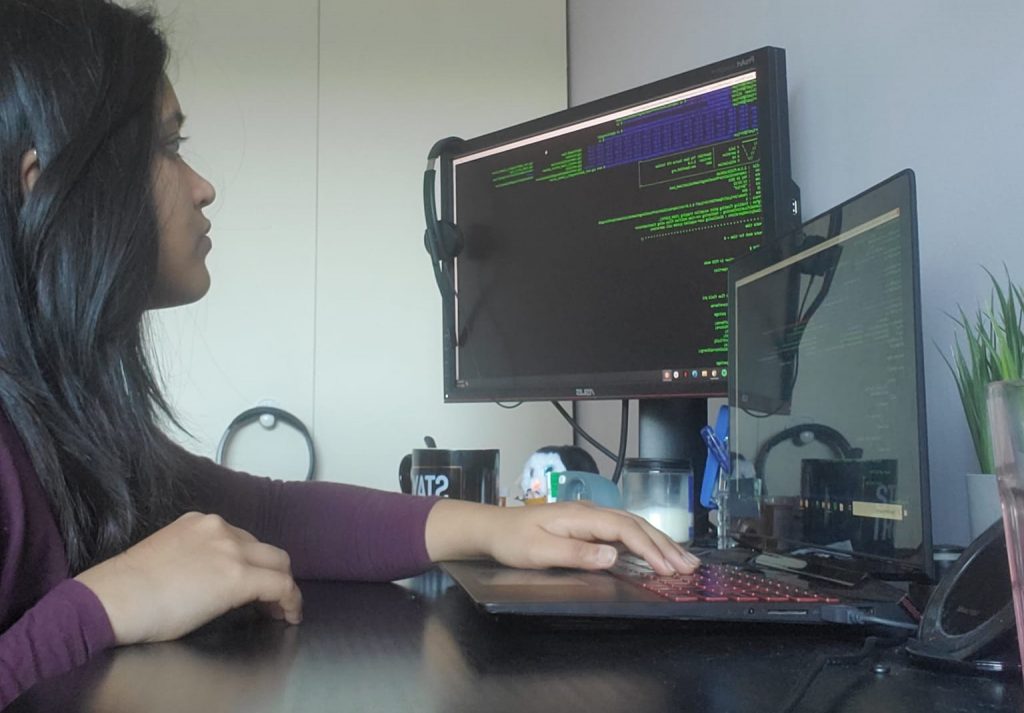Handrails are something that most of us take for granted. In fact, that is exactly how third-year Mechanical Engineering student Catarina Rodriguez perceived them prior to this past summer.
Rodriguez was interested in exploring research, and applied for an NSERC Undergraduate Student Research Award (USRA) with Assistant Professor Vicki Komisar. “As I investigated possible research I could explore, it opened my eyes to a research that I didn’t even consider to be in the realm of engineering.”
Their project looked at sex-based differences in loading patterns, and the type of forces that individuals apply to handrails.
As a Mechanical Engineering student taking the Biomedical Option, Rodriguez was well-suited for the undertaking this research. “USRA provided an opportunity to take what I’ve learned in the classroom and apply it to something meaningful in the real-world.”
The study used existing data generated through a collaboration between Komisar and Dr. Alison Novak at the Toronto Rehabilitation Institute.
Existing design standards have provisions for handrail structural strength, but they are based on population-level data, and have never been analyzed based on sex. “This is very important because of very established muscle strength differences between males and females,” says Komisar. “Catarina’s work really helped to identify where these differences were and were not present.”
Their findings indicate that forces applied to handrails vary depending on loading direction, with males applying larger forces as a function of their weight in directions where the user pulls with the arms, such as sideways or upward. They also found that in directions with mostly pushing, such as downward, forces were based on the user’s mass with negligible differences between sexes.
Being able to work with a newer professor had additional benefits according to Rodriguez. “I got really lucky to work with Dr. Komisar in small groups, and one-on-one quite often, and have established a long-term mentorship relationship.”
“Catarina’s work will provide a very important contribution to the literature in this area, and I am excited that she has chosen to continue to work with us,” says Komisar.
For Rodriguez, her focus now is on completing her undergraduate degree and working towards pursuing a Master’s. In the meantime, she is working with Komisar on developing some abstracts to present at upcoming conferences.
For more information about NSERC URSA opportunities, connect with a School of Engineering Academic Services Advisor. The dataset analyzed in this work was supported through a Canadian Institutes of Health Research, held by Dr. Novak; analysis was supported through UBCO funds and Rodriguez’s NSERC USRA. Rodriguez was also supported by UBCO’s Airborne Disease Transmission Research Cluster for a different project over the summer.
For more information about NSERC USRA opportunities, connect with a School of Engineering Academic Services Advisor.

